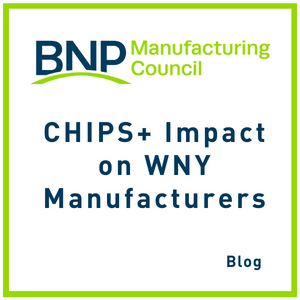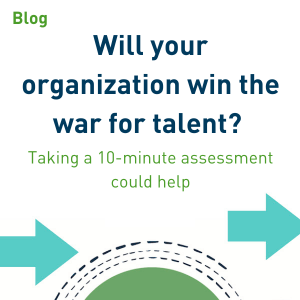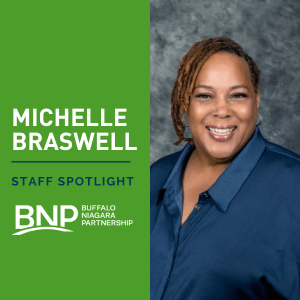Empire Center: Single Payer “Sticker Shock”
Blog Categories
March 17, 2022
A new report from the Empire Center for Public Policy details how expensive a single payer healthcare system would be in New York. The full report is available here.
The report notes that the New York Health Act (NYHA) would radically reform New York’s tax structure. The bill calls for a “progressively graduated” tax on both income and payroll; however, the exact rates are not specified in the legislation. This is, in part, because the bill sponsors are also unaware of how much revenue the state would need to finance a single payer healthcare system. However, the latest estimate by the RAND Corporation is that New York would need an additional $157 billion in revenue to operate a single payer system. By removing cost controls, this number could grow.
Raising this revenue would require the largest tax increase in history. The report estimated that, to raise the needed revenue, the top tax rate would increase to 36% — which would be three times the top rate in California, the state with the second highest tax rate. New York would become an extreme outlier in taxes.
NYHA advocates claim that while taxes would increase under the NYHA, premiums would lower, leading to a net savings for many New Yorkers. The RAND Corporation estimates that such a tax structure would mean 65% of New Yorkers end up saving money, 4% pay about the same, and 31% see additional costs. Although this may appear more progressive initially, the report notes that NYHA would add significant incentives for outmigration, especially among top earners and high-producing businesses. Losing top taxpayers would shift more of the cost burden onto middle and lower income families, eliminating the bill’s intended benefit.
In years where healthcare costs increase or state revenues decrease, taxpayers would face significant pressure and additional tax hikes to keep the NYHA system solvent.
Lastly, the report notes that the NYHA would cause concern for doctors and medical providers, who would experience income changes that may repel them from New York.
The report details the concerns that the BNP and employers have raised since the NYHA was introduced three decades ago. The NYHA would dramatically increase taxes for many businesses and families, create incentives for outmigration, and discourage medical professionals from practicing in our state.
Read the full report here, and take action on this issue here.
Related Posts
Manufacturing Council Hosts: CHIPS+ Impact on WNY Manufacturers
The federal CHIPS and Science Act of 2022, known as CHIPS+, was signed into law by President Biden on August 9, 2022. This new legislation directs $52 billion toward renewing the heavily outsourced U.S. semiconductor manufacturing sector and reinvigorating U.S. chip research and development activities.
Staff Spotlight: Meet Grant Loomis
We are pleased to introduce Grant Loomis, BNP’s Vice President, Government Affairs & Economic Development as our latest Staff Spotlight.
Grant is responsible for developing and advancing the BNP’s advocacy agenda.
Learn a little bit more about Grant in this brief Q&A.
Will your organization win the war for talent?
There are more jobs open than there are available people to fill them and so the odds are that organizations that have incredible cultures and work practices will win the war for talent.
Staff Spotlight: Meet Michelle Braswell
We are pleased to introduce Michelle Braswell, BNP’s Manager, Events & Programs as our latest Staff Spotlight.
Michelle’s role is to create, coordinate, and manage events and programs both virtually and in person.
Learn a little bit more about Michelle in this brief Q&A.




